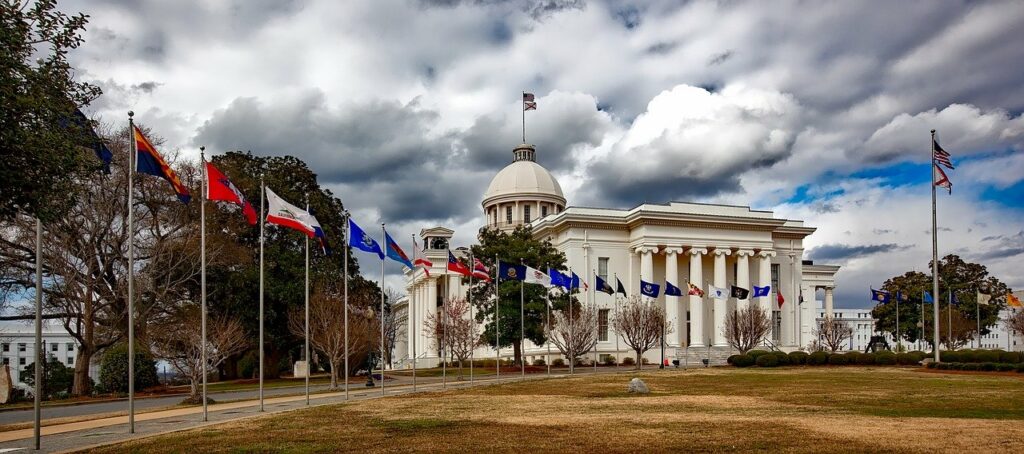
Would-be medical cannabis patients in and around Tulsa can’t find providers willing to make MMJ recommendations, several months after Oklahoma became the 30th state in the union to legalize medical marijuana.
Some believe that may be due to large health care systems warning their doctors to stay away and not talk to patients about cannabis options.
Patients seeking licenses, per the Tulsa World, say they’ve been turned away from their primary care providers at several medical centers.
A spokeswoman for one of them, the Saint Francis Health System, said in a statement that their clinics abided by both state and federal laws governing the practice of medicine. “To this end, Warren Clinic physicians and providers are not able to endorse or promote the use of cannabis with their patients.”
Another medical center said the as a Schedule I drug, cannabis lacked clinical evidence for therapeutic purposes. “To this end, OSUMC physicians and providers are not able to endorse or promote the use of cannabis with their patients,” read a statement from Oklahoma State University Medical Center.
Other Tulsa-based health care systems like Integris and Hillcrest have a more open policy although they allow only specific physicians to recommend MMJ. Others allow exceptions for hematologists, oncologists, palliative care physicians and pain management physicians.
At the end of August, the Oklahoma Medical Marijuana Authority (OMMA) released a list of 38 physicians across the state who have registered as providers willing to recommend medical marijuana. OMMA said in a statement that the list was being released “as a courtesy to potential OMMA applicants” whose own doctors may be unwilling to sign a recommendation.
Only nine physicians in the Tulsa area have registered with OMMA so far.
Dr. Katrina Crader, an M.D. at UKPsych clinic in south Tulsa, is among those who registered. She treats patients with anxiety, addictions, post-traumatic stress disorder, insomnia, chronic pain and cancer.
“I was seeing more and more that patients who tried medical marijuana were on less medication for their anxiety and were not getting addicted to opioids or benzos (such as Valium, Xanax and Ativan),” Dr. Crader said.
“They found the medical marijuana by itself was more than enough to control both their addictions and their anxiety. So I thought, ‘This is something I need to do for my clients,’” added Crader. “We’re here to educate and make sure it’s used properly, like any medication.”




